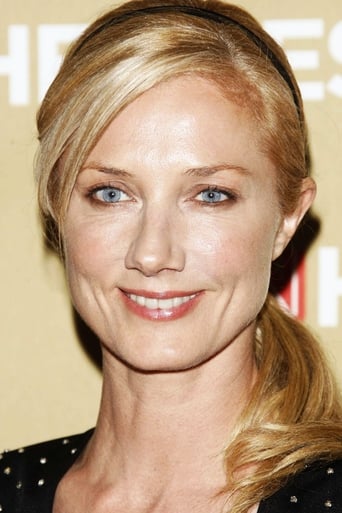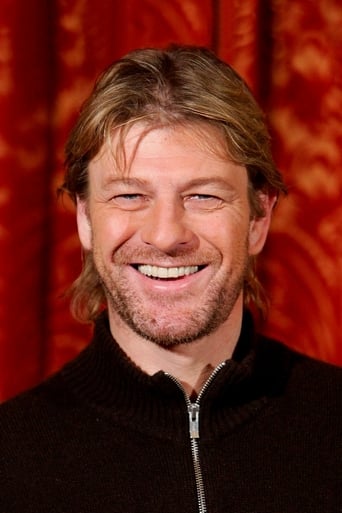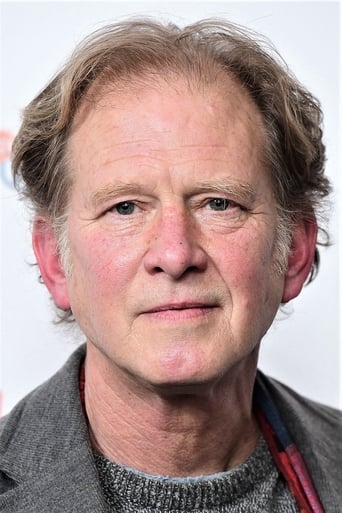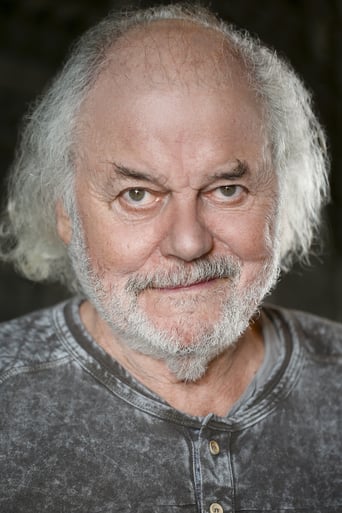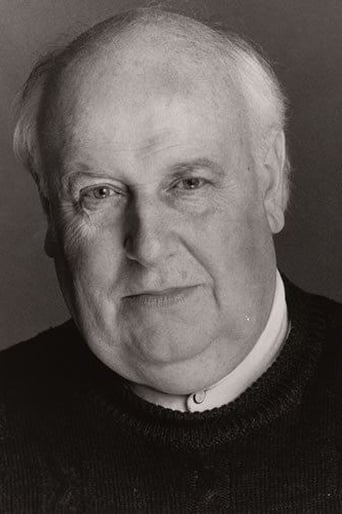David Traversa
An excellent work of art in a long and expertly made movie. Being almost totally visual, I must admit I'm carried away by visually beautiful movies, and this one is tops. The English countryside, so green, the gardens of these upper class people, practically loaded with incredible flowers (whole paths protected by walls of flowers, a superb and exquisite view) the house, something out of this world, its furniture and very valuable paintings, Connie's period costumes (Constance Chaterly, the actress Joely Richardson), I think on one scene she is wearing an authentic white pleated silk Fortuny gown; the open top cars, impeccable antiques used in several scenes..., briefly, a feast for the eyes.Joely Richardson is a very pretty actress with a fantastic body and next to Sean Bean (another very sexy beauty) they make a perfect couple for the protagonists antics, which are several and most passionate (explosive?) showing us quite clearly the very difficult circumstances a socially mismatched couple could find in those 1920s, when this story is taking place, in the heart of England, a country populated by a lower class exploited to death by a handful of aristocrats (aristocrats according to the genealogical tree they fabricated for themselves, conveniently forgetting the dark and dubious origins they all came from just a few previous generations).It's almost painful to watch those scenes where these super rich talk openly about their inferiors (servants present) making any possible hurtful remark as if they weren't standing next to them, silently waiting to satisfy any requirement. I hope that the English people ended once and for all that kind of abysmal social differences because nowadays that seems barbarian and so terribly unjust. The visual contrast between those excessively manicured green gardens and the blackish, depressing mining town without any trace of greenery anyplace, is shown breathtakingly when Connie goes to the completely black environment of the mine, fully dressed in impeccably radiant white clothes.The music accompanying most scenes is quite annoying, very loud and repetitive, invading many times, quite disruptively, what is going on. Could it be that Ken Russell, the director, was very gifted with the visuals of a movie but didn't have a sound musical education?It must be remarked that Russell was very unique, very personal with the look and the choreography of his actors in his films, since in many scenes one realizes that only him could have made it that way, very much what we feel when watching an Almodovar film. And of course, this excessively odd personalities backfire sometimes, but when they hit the mark... the results are glorious.The story is fascinating although very dated, nowadays we have seen so many examples of royalty marrying their chauffeurs, gardeners, street sweepers, delivery boys, etc, that all that fuss seems completely out of date. But placing ourselves in those dark 1920s (at least dark for the poor), we are perfectly able to follow our protagonists and feel the pain and anguish they went through.The book by D. H. Lawrence is out of this world, a ravishing lecture, even after all these many years since he wrote it.A very-very enjoyable film.
ReluctantFan
Many passages felt too slow-paced especially in the 1st and 2nd episode. On the other hand, I found Connie, Hilda and most of the other cast lived up to the characters I had imagined as a reader. Many lines of Mellors and Connie were taken straight from the book which was good. The pheasant chick scene was well portrayed. The sex scenes were not as gratuitous as happens so often on screen. In this case they are part of the story and were tastefully done on the whole. Contrary to some of the above comments, I think the series went quite far enough so far as sexual explicitness was concerned. What is acceptable in literature can easily become voyeurism when depicted on screen. Sean Bean is a favourite actor of mine but I was disappointed with his impersonation of Mellors. I recall Mellors as a very proud man looking down at Sir Clifford in spite of his subservient position and I'm not sure Bean expressed this sufficiently. For instance he was good in his confrontation scenes with Connie or Hilda but played Mellors as too humble almost downtrodden before Sir Clifford and Mrs Bolton. Also in the book Mellors switches from dialect to standard English and back according to the situation and I felt this was not so much in evidence in the series.My main disappointment however is the new glossy happy ending which is far too easy and banal. It seems at odds with the questions raised by the novel notably about the feasibility of relationships between social classes.
sharlyfarley
Having read the book in high school, I thought I knew pretty much what I was in for, especially with Ken Russell at the helm. Joely Richardson is a pretty thing, and manages some sympathy for Connie - who just wants to be a decent human being. I was too often aware I was watching her Act, especially when naked. It couldn't have been easy. James Wilby had pretty much perfected the upper class twit, though the vitriolic nastiness he brings to Chatterley is probably the acme of his career. Special mention should be made of Shirley Anne Field's performance as Mrs. Bolton - the nurse who understands Everything - and conveys so much to us without a word. It's a truly marvelous performance.But the movie belongs to Sean Bean, who gets his teeth in and doesn't let go. Nobody does bitter passion like Bean. He's less affecting in the love scenes than when he's simply trying to defend himself - His lady has no idea what a spectacular risk he's taking. Imagine the conflict is not class but race, and you'll get an idea. "Tar and feathers" was not a joke. The class divisions are laid out, but there's nothing like the sight of him shoveling coal to bring it home. And it's either break his back or starve. On top of all that, he found himself genuinely in love, which was still more frightening. Bean gives it all to us...His fears, his courage, his joys and his humiliations...no actor could be more naked than that.There's a reason the book was called "Lady Chatterley's Lover." Lady Chatterley had Lawrence's sympathy, but the lover was his hero. Shifting the emphasis to her doesn't quite work. It would be more damaging if Bean wasn't so forceful.I didn't expect to be so moved by this film. They even got the flower scene right. Lawrence's Mellors was a bit of a bully, too, and that left poor Connie choosing between jerks. Russell gives Connie -- and us -- a much better choice. And I was pleased with the altered ending. Lawrence's vision was awfully bleak, and had no room for Connie to grow up. It makes all the difference.
